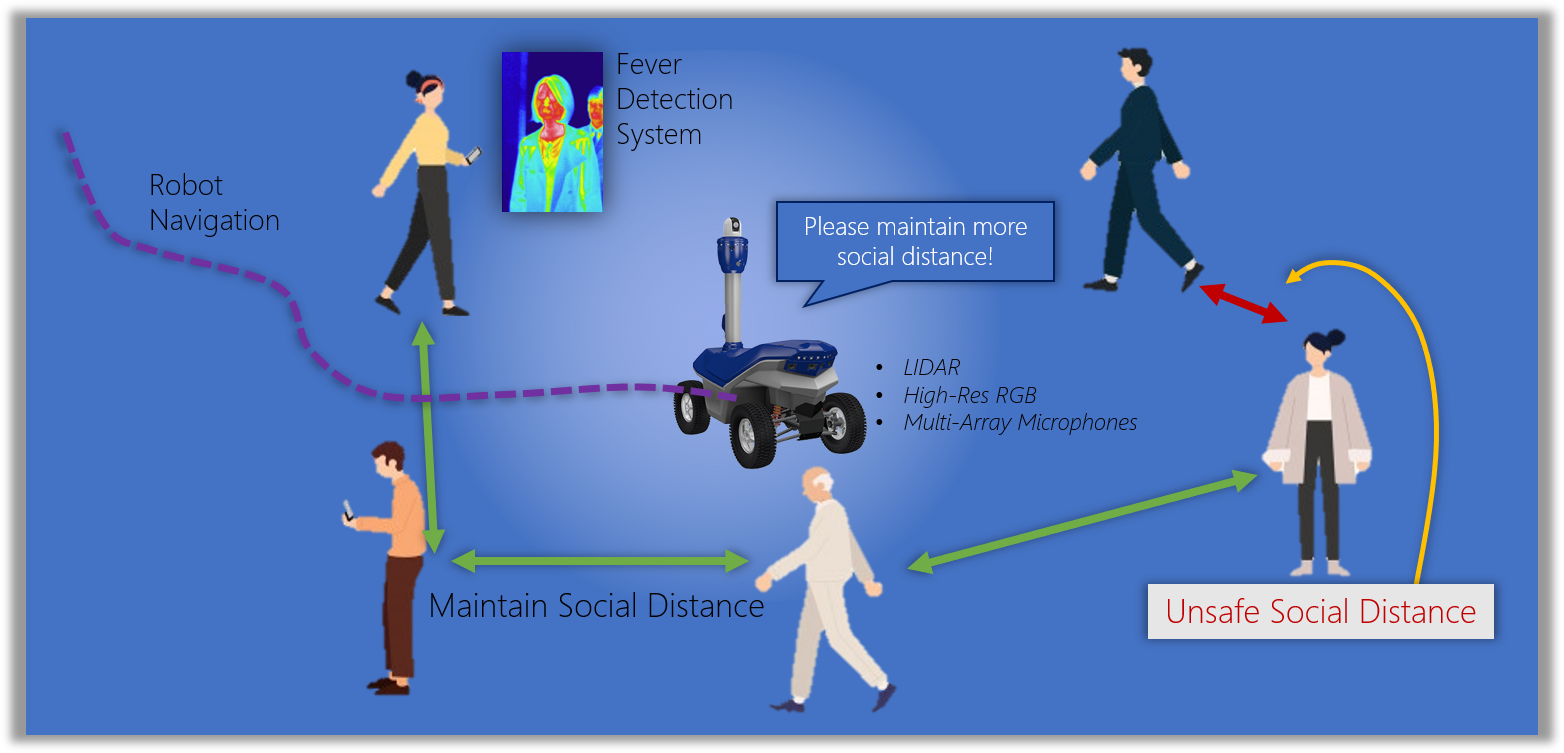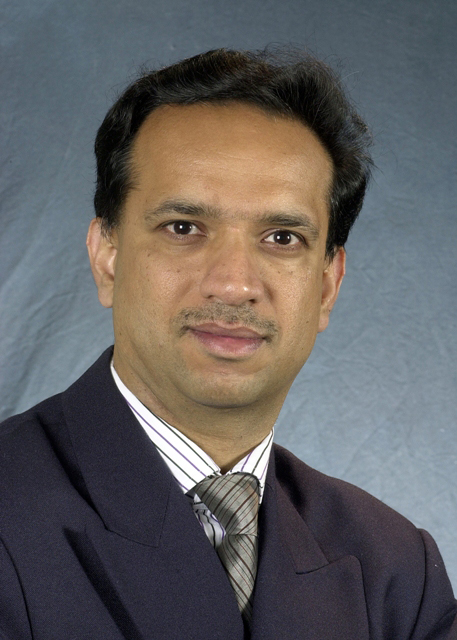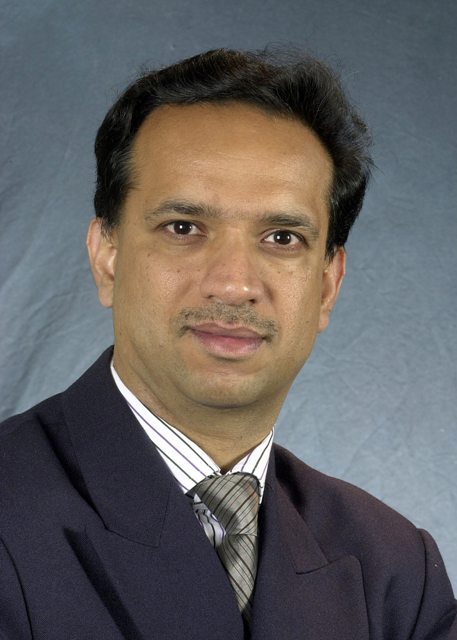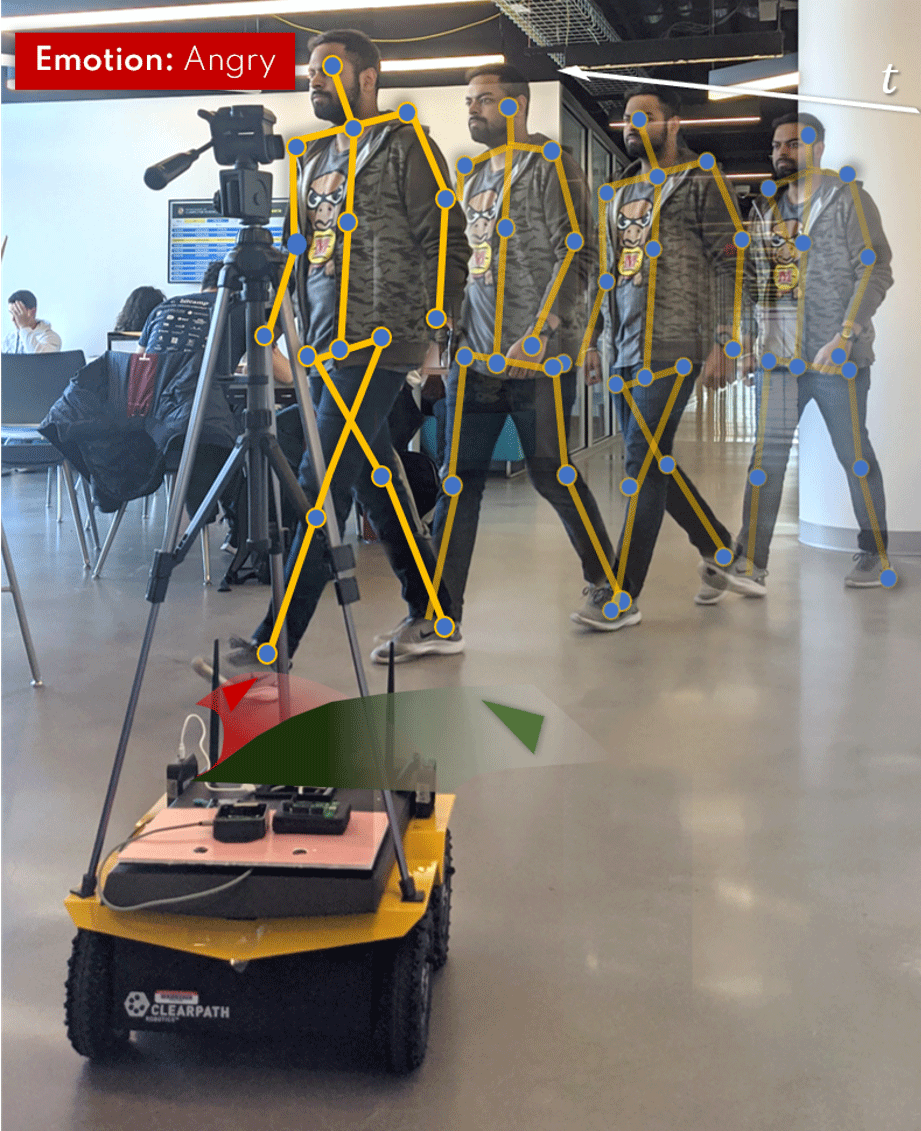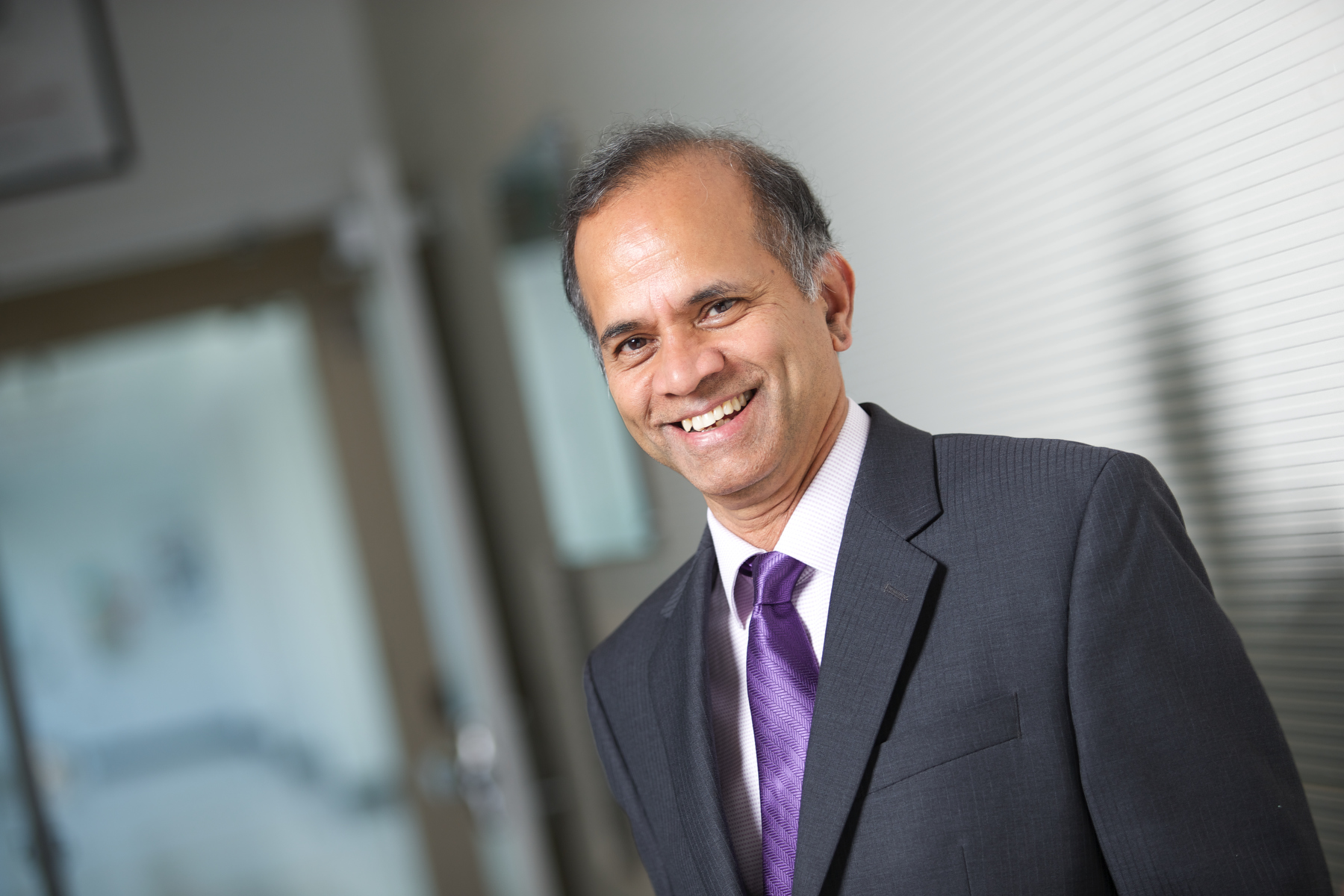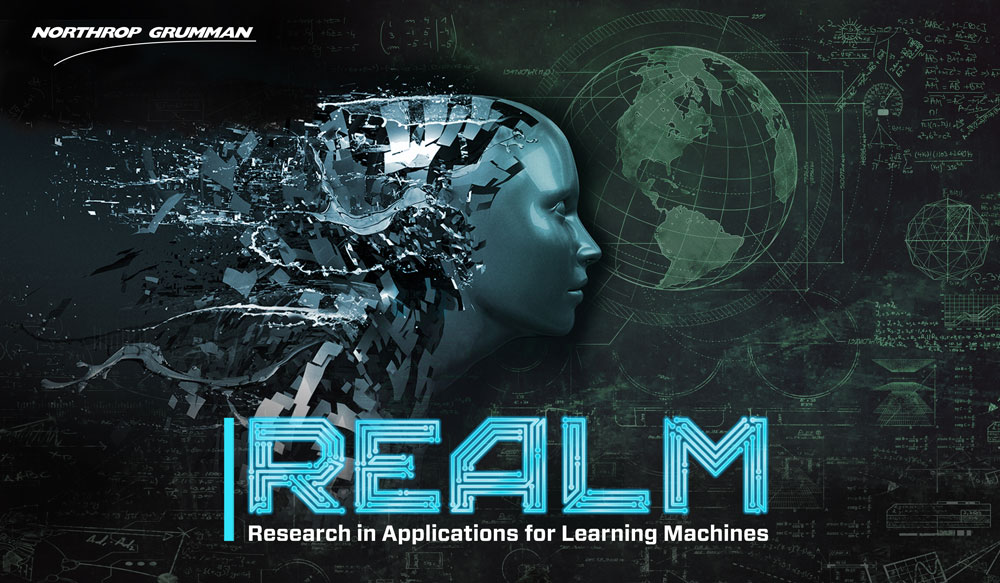News Story
Ott Gives Invited Talks on Machine Learning at the Imperial College London and the Alan Turing Institute
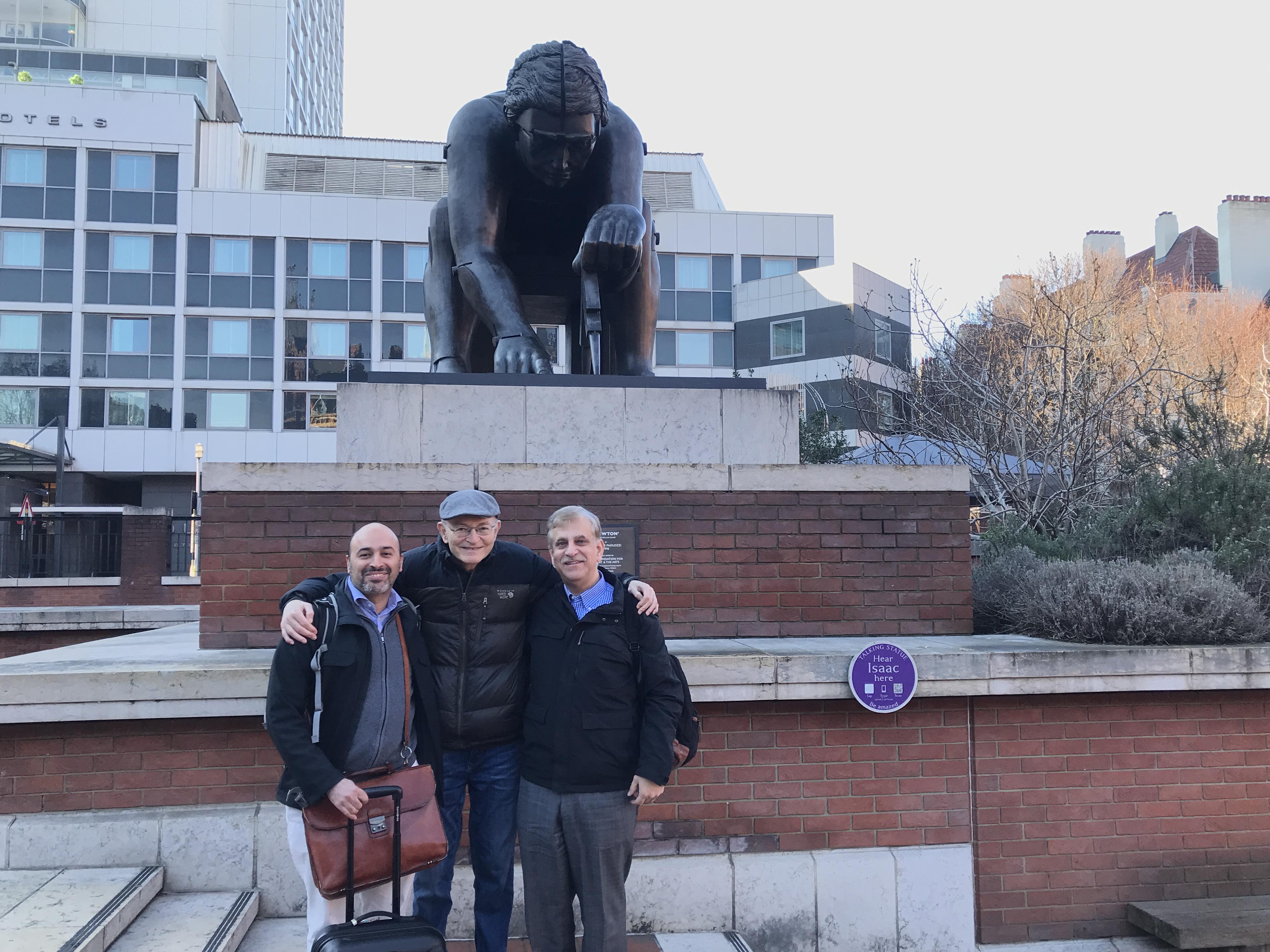
Prof. Boumediene Hamzi (Alfaisal University), Prof. Edward Ott, and Prof. Eyad Abed.
Professor Edward Ott (ECE/IREAP/Physics) recently gave two invited talks in London. The first was hosted at Imperial College London by both the Symposium on Machine Learning and Dynamical Systems (which was held February 11-13) and the Data Science Institute of Imperial College. The second talk was hosted by the Alan Turing Institute on February 14.
Prof. Ott’s first talk, on the afternoon of February 11, was entitled “Machine Learning for Forecasting Chaos.” This presentation at the Symposium on Machine Learning and Dynamical Systems was also selected as the first in the 2019 Distinguished Lecturer Series of the Data Science Institute of Imperial College London. The lecture addressed possible machine learning approaches to learning chaotic dynamical systems from observed data. A “reservoir computing” approach was investigated involving model-free training a neural network to reproduce the system dynamical behavior. The talk reported positive results on the ability to train a neural network to adjust to an observed input/output behavior even with a large number of adjustable parameters and chaotic dynamical behavior. The Kuramoto-Sivashinsky partial differential equation was used to generated synthetic training data for case studies applying the presented techniques.
The Symposium at Imperial College was supported in part by the Alan Turing Institute, which also invited Professor Ott to present a second talk at the Turing Institute on February 14. This talk, entitled “Machine Learning Analysis of Chaotic Dynamics and Vice Versa,” was presented at The Enigma Room in the headquarters of the Alan Turing Institute at the British Library in London, England. Prof. Ott discussed further investigations related to machine learning of chaotic dynamics, including short-time prediction of system trajectories and longer-term reproduction of the statistics of the chaotic behavior. Insights into this and related issues were given, including the role of symmetries in dynamical system models.
Also participating in the events was Prof. Eyad Abed (ECE), who attended as an invited participant. Prof. Abed moderated the closing panel discussion of the Symposium on February 13, leading a discussion of lessons learned and future research opportunities at the intersection of machine learning and dynamical systems analysis. Both Prof. Ott and Prof. Abed were asked to join a steering committee which will manage future activities of the assembled group in this field, including future envisioned symposia and publications.
The Symposium on Machine Learning and Dynamical Systems was the inaugural symposium in a series that aims to bring together researchers from complementary backgrounds who will address: (i) Machine Learning for Dynamical Systems: how to analyze dynamical systems on the basis of observed data rather than attempt to study them analytically; and (ii) Dynamical Systems for Machine Learning: how to analyze algorithms of Machine Learning using tools from the theory of dynamical systems. The Symposium was very successful, bringing together some 150 researchers from across the world, and providing a valuable view of the state of research at the confluence of machine learning and dynamical systems.
Published February 22, 2019


